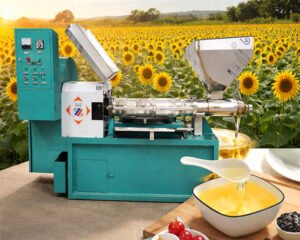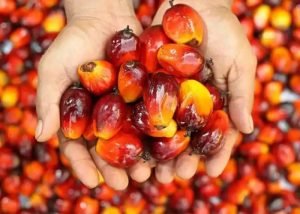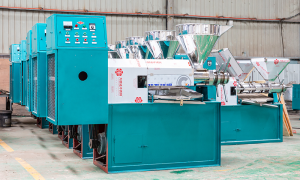How Does Olive Oil Come From a Small Fruit?
Have you ever wondered how a small olive turns into smooth oil? It seems like magic. Getting oil from this fruit needs a special process.
You get olive oil by crushing the olives into a paste. Then you mix the paste slowly. After that, you separate the liquid oil from the solid parts and water. This process uses different machines.
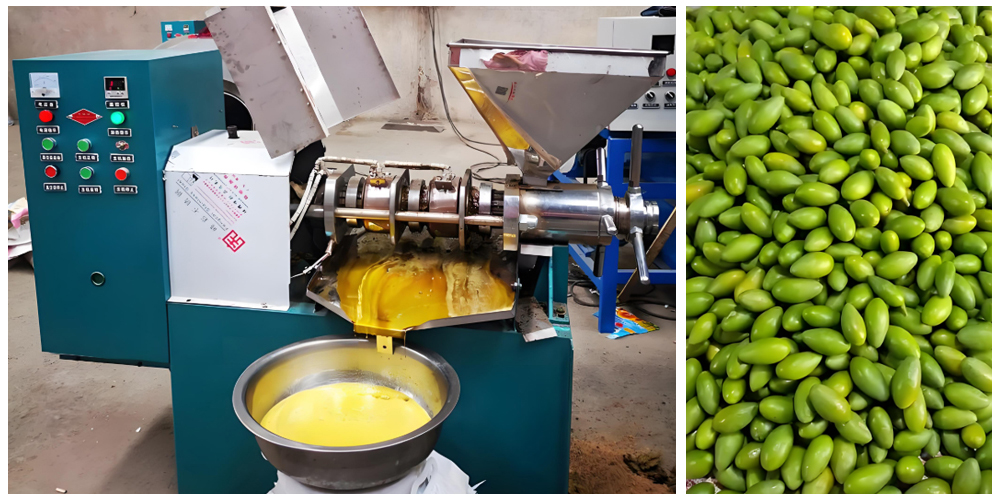
Taking oil from olives is not one simple step. It is a series of actions. Each action is important. It needs care and the right tools. Let me tell you how it works.
Where Does the Olive Oil Journey Begin?
Dirty olives cannot make good oil. You need clean fruit first. How do we start this process?
The olive oil journey starts in the field. Workers pick the olives from the trees. Then the olives go to the mill quickly. They must be clean before anything else happens.
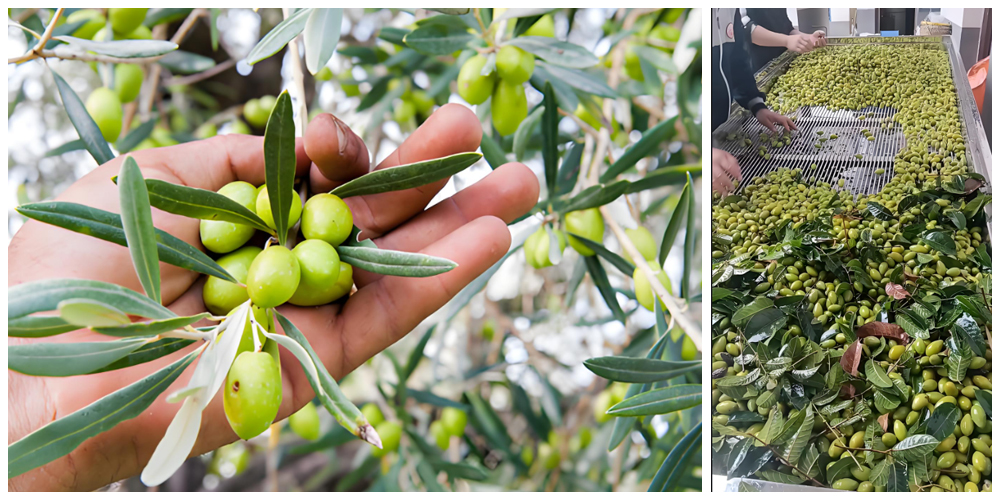
Picking olives happens at the right time. The timing affects the oil’s taste and quality. Workers use different ways to pick. Some shake the branches. Olives fall onto nets below. Some use machines to do the shaking. Other times, workers pick by hand. Hand picking is slower but can be gentler. After picking, the olives go into bins or bags. They should go to the processing plant fast. This is important. If olives wait too long, they can spoil. This spoils the oil too.
How to extract oil from olives?
Olives are solid fruit. You cannot press liquid oil from them right away. So how do you turn hard fruit into a soft paste?
You turn olives into paste by crushing them completely. This breaks open the cells inside the olive. The cells hold the oil. After crushing, you mix the paste slowly to help oil droplets join together.
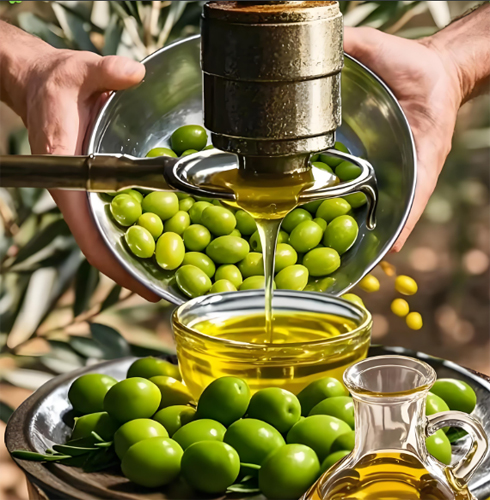
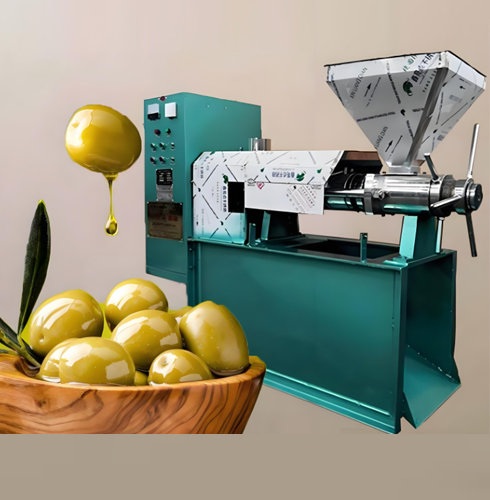
Spiral oil press is a common mechanical pressing equipment suitable for various oil crops, including olives. This device extracts oil by squeezing raw materials through the rotational motion of spiral blades. spiral oil press can be used to press olives, and its characteristics of easy operation and high productivity are emphasized. In addition, that the spiral oil press is suitable for various oil crops, including olives.
How Is Oil Separated from the Paste?
You have olive paste now. It has oil, water, and solids mixed together. The next big question is, how do you get the liquid oil out?
You separate the oil from the paste by using force. This force pushes or spins the oil away from the solid parts and water. Machines are used for this work.
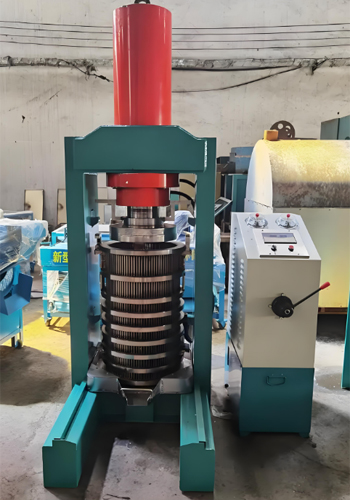
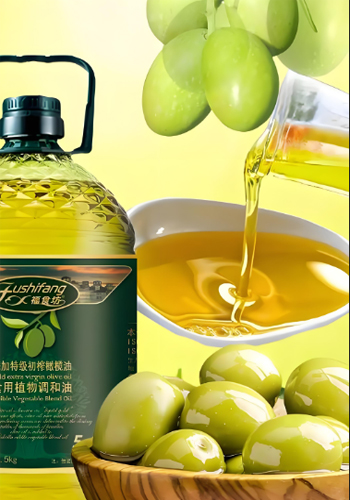
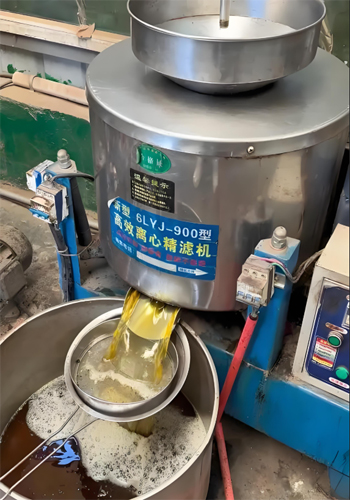
Getting the oil out of the paste is the key separation step. There are two main ways to do this today. The traditional method uses presses. The modern method uses centrifuges.
Using Presses
In the pressing method, the olive paste is spread onto special mats. These mats are often round. The mats are stacked up, one on top of the other. There are metal plates between the mats. This stack goes into a hydraulic press. The press pushes down with great force. The liquid parts (oil and water) are squeezed out of the paste. They run down and are collected. This liquid mix still needs more separation later to get just the oil. Pressing is an older method. It can leave more solid bits in the oil.
Using Centrifuges
The modern method uses machines called centrifuges. These machines spin very fast. They use centrifugal force.
These steps use strong separation equipment. They take the oil away from everything else.
What Happens After the Oil Is Separated?
The oil is now separate from the paste. But it might not be perfectly clean yet. What do you do to make it ready for sale and use?
After separation, the oil often needs filtering. Filtering removes small particles left in the oil. Then, the oil goes into tanks. Proper storage keeps the oil fresh and good quality.
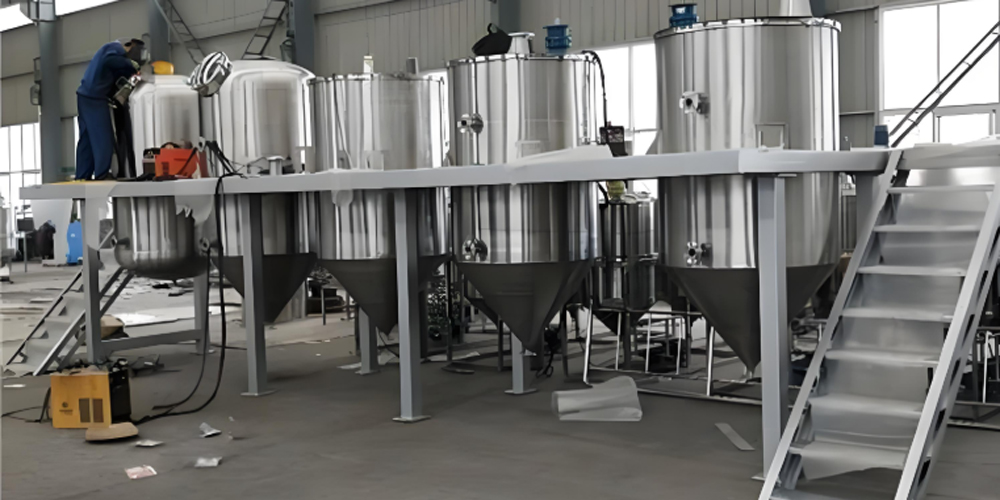
When the oil comes out of the separator, it might still have tiny pieces of olive flesh or water. These small bits can make the oil cloudy. They can also make the oil spoil faster. So, many producers filter the oil. Filtering makes the oil clear and clean. It helps the oil last longer on the shelf. Different types of filters can be used. They use filter papers or cloth. The oil passes through, and the small particles are caught. Some people prefer unfiltered olive oil. They like the taste and think it keeps more natural goodness. Unfiltered oil usually has a shorter shelf life.
Storing the Olive Oil
After filtering (or not filtering), the oil must be stored correctly. Olive oil is sensitive to light, air, and heat. These things can damage the oil. They can make it taste bad.
- Oil should be stored in tanks or containers that block light. Dark glass bottles or metal containers are good.
- The storage area should be cool. High temperatures make oil degrade faster.
- Containers should be sealed well. This stops air from getting in. Air causes oxidation, which spoils the oil.
- Stainless steel tanks are often used for bulk storage in plants. They are easy to clean and do not affect the oil.
- The oil waits in storage until it is put into smaller bottles or tins for consumers.
This final stage uses filtering machines and storage tanks. It makes sure the oil reaches the customer in the best condition. These steps protect the quality built in the earlier stages.
Taking oil from an olive involves many steps. It starts with picking and cleaning the fruit. Then you crush it and mix the paste. Finally, you separate the oil and store it well. It is a process needing care and good machines.Zhengzhou Fude Machinery can serve as your strongest support and provide you with the best oil pressing equipment.
Related recommendations
-
What machine can press soybean oil
486Soybean oil press is one of the commonly used equipment for squeezing soybean oil
View details -
How to extract peanut, soybean, and rapeseed oil using an automatic screw press?
130Tired of slow, labor-intensive oil extraction? Discover how automation can dramatically speed up your processing and boost output. An automatic screw oil press machine revolutionizes extraction of peanut, soybean, and rapeseed by providing high...
View details -
How to Start a Palm Oil Processing Business: A Complete Guide
345Starting a palm oil processing business is a fantastic opportunity, especially in growing markets. You take a perishable agricultural product, Fresh Fruit Bunches (FFB), and turn it into valuable Crude Palm Oil (CPO), a globally traded ...
View details -
What are the factors that affect the price of oil presses in 2024
856The factors that affect the price of oil presses are multifaceted, and together they determine the market price of oil presses. The following are some main influencing factors: Oil presses can be divided into two types according to their w...
View details
 Oil Press Equipment and Oil Refining Machinery for Sale – Start Your Oil Press Business
Oil Press Equipment and Oil Refining Machinery for Sale – Start Your Oil Press Business

